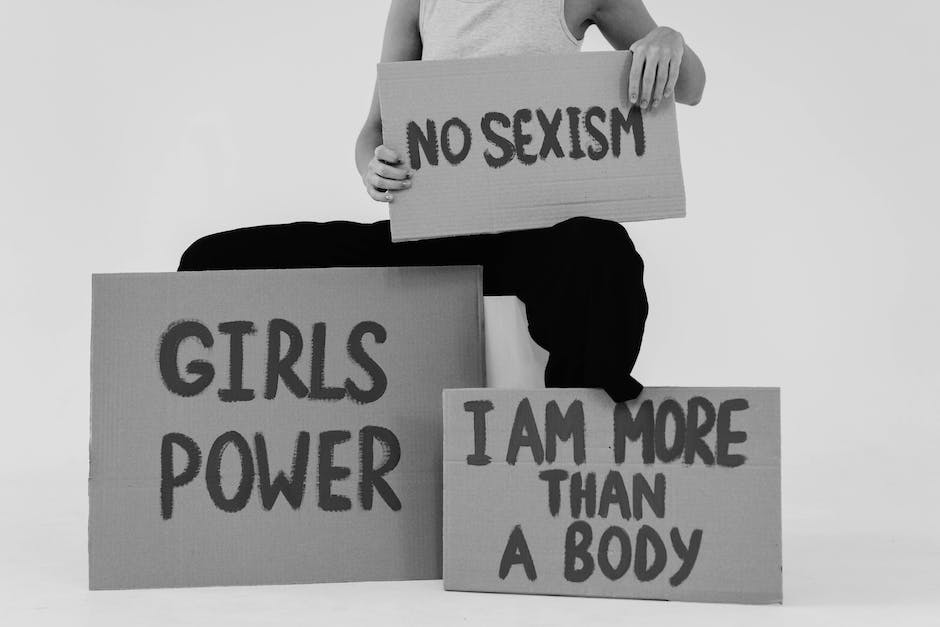If you are experiencing symptoms of an eating disorder, it is important to know who can help you. More often than not, professionals will ask about your relationships, work, family, and other activities to determine whether this behavior is related to your mood or something more serious.
It is very common for people with eating disorders to feel isolated. Because of this, most experts recommend talking about your illness with at least one close friend or loved one that you trust.
This person should be able to give you support while also keeping conversations objective and professional. In addition to friends and family, there are many resources available to aid in the recovery process. Finding these resources can help you focus on healing rather than proving yourself to others.
There are several types of eating disorders, so which type you have may influence how much help you find. For example, someone with binge-eating disorder might look into counseling to learn healthier ways to cope with food, whereas someone with bulimia nervosa would look into different strategies to prevent overconsumption and/or purging.
Your partner

Often, people are surprised to find out that their significant other has noticed changes in how they eat or exercise.
If you know someone who is suffering from eating disorders, it’s important to be aware of what may be going unnoticed by them themselves or by others around them.
It can also sometimes be difficult for loved ones to determine whether these behaviors are actually symptoms of disordered eating or if they simply show signs of depression or anxiety.
In fact, one study found that only 30% of family members recognize the warning signs of bulimia.1
So, make sure to speak with your partners about any weight loss, dieting, or exercise routines they have observed. If there seem to be clear markers of eating disorder behavior like mood swings, irritability, and preoccupation with food, then it’s probably best to address this matter face-to-face.
On top of that, it’s always good to be aware of potential risk factors when seeking help for an individual. For example, individuals with binge eating disorder are at higher risk of developing alcohol use problems than those without.2 So, asking about drug use and alcoholism is key in getting the full picture.
Lastly, remember that even if your partner doesn’t appear overtly concerned, they could still be experiencing feelings of sadness, stress, or worry due to the situation.
Your family

When you have an eating disorder, it can be tricky to know when your next meal or trip to the bathroom will be.
One of the most important things is for your loved ones to understand that this behavior is not okay. You may feel embarrassed or ashamed, which only makes the situation get worse.
It can also make them worry about you. They might think something more serious has happened like self-harm or suicide.
In fact, research shows that people with eating disorders are at risk for suicide just as much as someone who’s actively depressed.1,2
When they try to help you deal with your eating problem, these things can become even harder. That’s why it’s very important to talk about your symptoms and what’s going on for your friends and family.
Here are some tips to help you do that.
Your friends

It’s impossible to know how your friends will react when you tell them that you have a mental health condition. Some people may be supportive, while others could make you feel even worse by ignoring or blaming you.
Some of your friends might try to convince you that your body looks good or ask why you would want to lose weight. They may make comments like “You look sick” or “Don’t let someone take care of you. You’re too strong a person for that.”
It can be hard to see through all of their distractions, but chances are they don’t really understand what it means to have an eating disorder.
If you notice changes in the behavior of your friend, avoid putting more pressure on her by saying something about your friendship. Try to talk to her directly, without criticizing her.
Ask whether she needs help herself before offering yours. Also, remember that most eating disorders go away on their own, so there is no need to address the matter unless she wants to get treatment.
Who should you tell if you think you have an eating disorder? Depending on who you are telling, this information may not stay private for very long. Even if you think no one else knows, keep looking into diagnosis and treatments because there’s always chance someone will find out.
Your therapist

If you have an eating disorder, your therapist can help you work through some difficult emotions and behaviors. They will also be able to help you understand how this affects others around you- whether it is friends, family, or coworkers.
In addition to helping with nutritional counseling and weight management, your therapist may discuss other health conditions like anxiety or depression. Health professionals are trained in detecting these symptoms so they can refer you for treatment if necessary.
It’s very important that you feel comfortable talking to your therapist about your feelings related to your eating disorder. Try to meet with her/him as soon as possible after your first appointment to make sure everything feels okay.
Your therapist can help you learn what to do if someone else seems to be developing an eating disorder. It is their job to know the difference between healthy relationships and unhealthy ones, and to know when something isn’t right.
If you think someone you know has an eating disorder, talk to them about it! Sometimes people don’t recognize themselves in sick behavior, but a friend, relative, or coworker who shows clear signs of having an illness might.
By being aware of potential disorders, you can help save one life – yours or theirs.
Your coach

One of the most important people to tell if you have an eating disorder is your own internalized body image critic. You may not know what makes you feel bad about yourself, but your subconscious mind does!
There are many things that can make you doubt your worth as a person. For example, when you look in the mirror, you might find it hard to believe that you like how you look.
You could think or say negative things to yourself such as “I’m fat”, “My thighs are too big”, or even “I don’t like my stomach”.
This is because your subconscious believes that you aren’t good enough and doesn’t like the way you look. It also adds weight to its argument by making you unhappy with yourself.
So try re-evaluating your self-image by looking at yourself from outside yourself first.
Does this thing make you happy for a moment? Does it bring you joy? If so, great – keep doing it!
But if not then maybe it’s time to let go and challenge your inner critic.
Your roommate

Let’s say your roommate is not doing well and you notice that she isn’t herself- her hair looks different, she’s wearing weird clothes, and she seems to be eating less than usual. It could be because of something she told you, but it could also be because you noticed things like this and said something to her.
If you do see changes in someone’s behavior, don’t assume that they will get better on their own. In fact, adding stigma to people who suffer from eating disorders can make them want to avoid seeking help even more!
It’s important to know what symptoms mean so that you can recognize when something is out of the ordinary for your friend or colleague.
Also, try to understand why her body may be trying to lose weight. Is it because she feels stressed about something? Does she feel insecure about her appearance? Or maybe she just doesn’t enjoy food very much. All of these reasons are totally normal and would work as excuses for some amount of dieting.
Your best friend

If you notice changes in your friendship circle, then it’s time to think about whether you have a disorder.
If you are aware of someone who is suffering from an eating disorder, they probably know about it already. They may even be able to tell that something is wrong with them.
But what they don’t realize is that there are some symptoms of anorexia and bulimia that look just like normal habits.
So unless their friends are actually starving themselves or over-eating, most people wouldn’t pick up on the signs.
That’s why it’s so important for loved ones to watch out for each other. You should never assume that because someone seems fine at the moment that everything is okay.
There can be lots of reasons why someone might seem happy and well adjusted, but inside they’re struggling. It could be nothing serious, but it’s still worth paying attention to.
Sensitive people will usually recognize when things aren’t quite right, so try not to put off talking to them.
Above all, remember that you would want to know if anyone close to you was going through similar issues, so don’t feel too embarrassed to ask.
Your children

If you have suspected symptoms of an eating disorder, it is important to be honest with yourself and those around you. You will need to talk about your concerns with others, including your kids.
Many parents find that their child comes home from school or play practice/lacrosse game/toddler class in a good mood, but as they get into the car, the parent notices some changes. The kid becomes quiet and seems distracted.
It’s common for teens to feel stressed out or overwhelmed after a diagnosis of anorexia or bulimia, but they also may worry how their classmates and teachers will react.
Some students experience weight loss and self-starvation themselves, so they can be very understanding. Others feel uncomfortable or even judgmental towards someone who looks thin.
Parents must be aware of what signs to look for when their child goes off track at work and at home, but also know what to say to them.
Helping your teen deal with this disease won’t make everything better right away, but by being there for her, you will give her the support she needs.
This article will discuss some things to consider if your child has been diagnosed with an eating disorder.


